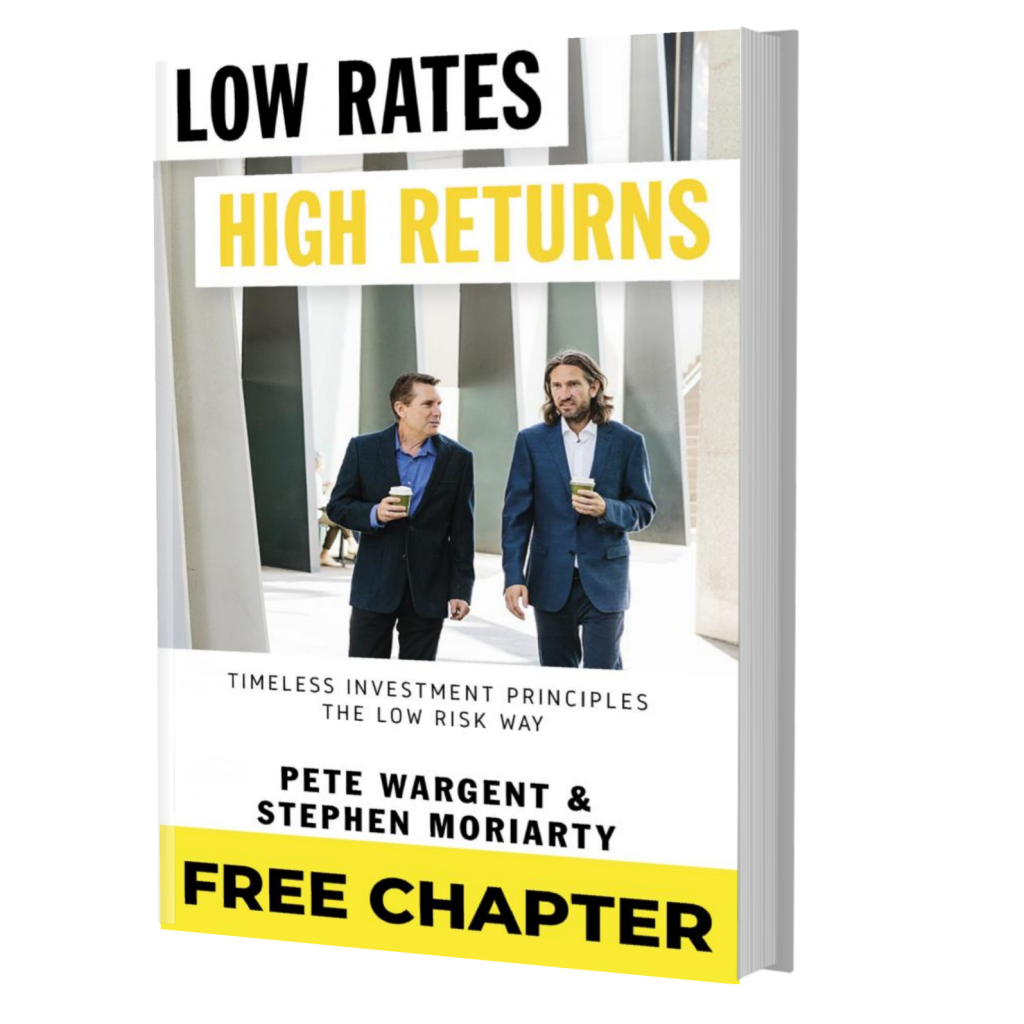Soccer stars & space cadets
When our teachers at school asked what we wanted to be as adults, there was always an interesting range of responses, ranging from dream careers (professional sports stars, robot engineers) to those guided by parental preference (usually actuaries or barristers).
Looking back, I don’t think anyone I went to school with followed their expected or chosen path…at least, not closely.
With the seemingly endless possibilities, hopes are often understandably high in our teenage years, but alas the real world doesn’t always meet our loftiest expectations.
In other words ‘the world’s your oyster, but the future’s your clam’…in the lament of Paul Weller.
Life begins at 40…or 50?
In The Happiness Curve, Jonathan Rauch explains how relative happiness (or otherwise) can be driven by the gap between expectations versus reality.
Life often gets better after the age of 50, he argues, partly because we eventually learn to jump off the hedonic treadmill and be grateful for what we do have.
While experiences will always vary between countries, cohorts, and individuals, if we can get the balance right the U-shaped chart can make for a supremely satisfying smile formation:

Thus can the dreaded mid-life crisis become a mid-life release…
Striking a balance
For those of us that are naturally aspirational or ambitious, it seems to me that this could be a tricky balancing act between striving for new goals and being thankful for what’s been achieved to date.
Rauch suggests that, since mid-life malaise is common, sharing how you feel when you’re low mightn’t be a bad idea, while recognising that things are likely to improve over time can also help!
We also need to be wary of each objective achieved immediately begetting a new target, without any lasting satisfaction.
Movin’ on up the happiness curve
While we’ll all continue having good and bad days, here are a few ways to potentially move up the happiness curve over time:
(i) Recalibrate expectations – expecting everything to go right isn’t realistic or helpful. Most things worth having in life need to be earned, and comparing yourself to others may not help;
(ii) Reduce stress – whether through more efficient time management or relaxation techniques, de-stress and find more time for things you enjoy;
(iii) Movement – maybe this is different for others, but I’ve found practising good health & exercise to be the single most reliable way to induce a (sustainably!) more positive state; and
(iv) Practice gratitude – be grateful for how far you’ve come, and seek ways to contribute or give back.
Now here’s the good news: as longevity increases, there may be opportunities for our nearest & dearest to be happier for longer, which is something we should all be grateful for.
Have a great Xmas break!





